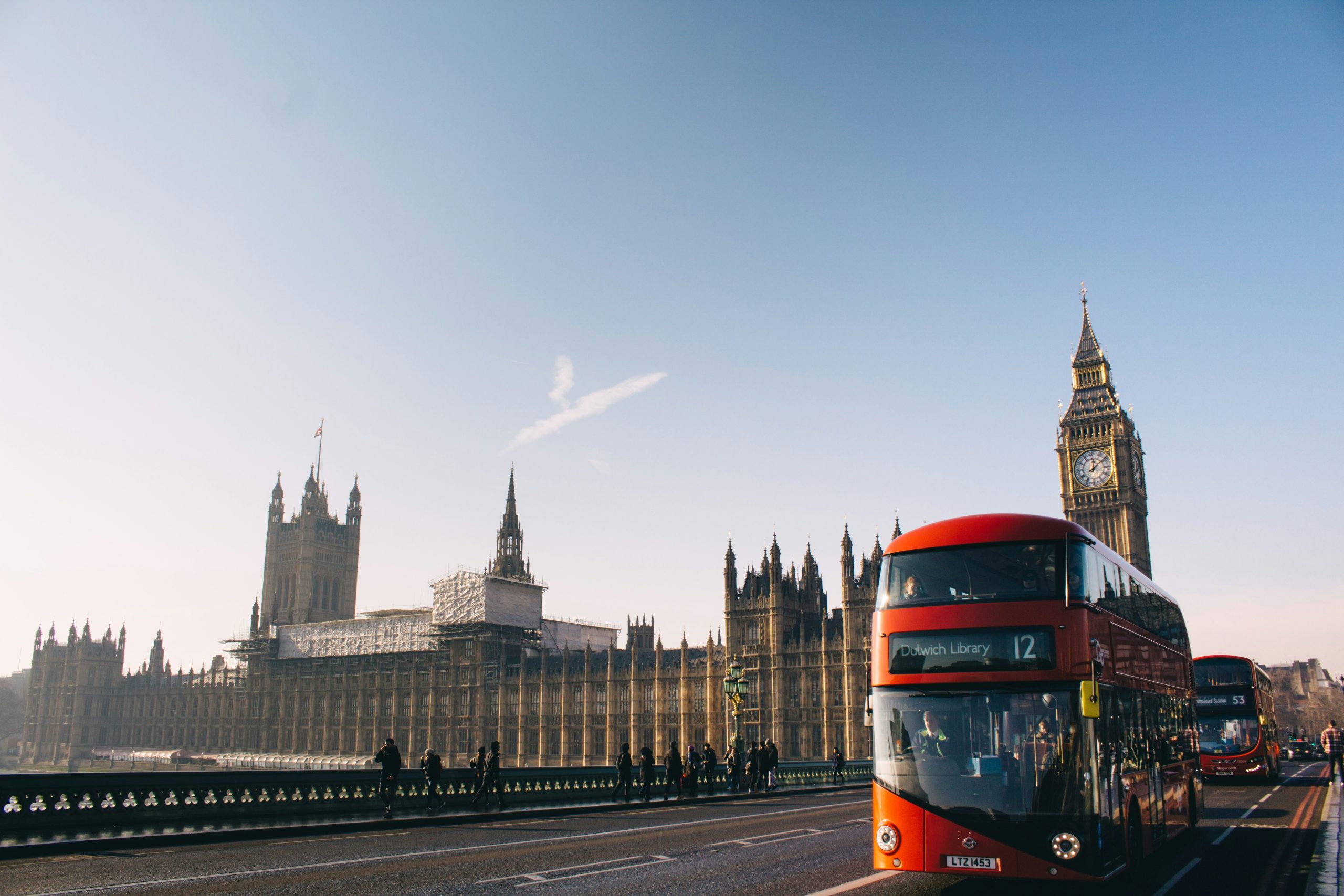Generally, it is only the Conservative and Labour Parties which stand a chance at winning overall in general elections; however, this year’s results show a surge in the popularity of smaller parties. Is it possible that someday the election will no longer be just a two-party race?
The primary marker of this is the rise of the Liberal Democrats. Following Thursday’s election, the Lib Dems won 71 seats, only 50 fewer than the Conservatives and a 63 seat increase from their pre-election status. The Lib Dem results this year also builds on their 2010 success of 57 seats, which allowed them to form a coalition government with the Conservative party.
This suggests a new major increase in the UK public’s willingness to vote for a smaller party, with previous election results showing losses for the Lib Dems. Sir Ed Davey, leader of the Liberal Democrat Party, was seen passionately singing along to Sweet Caroline following the “exceptional” Lib Dem outcome. He also went on to say that it would “not be a one-off.”
The rise of other smaller parties, particularly Reform UK (formerly the Brexit Party), further confirms this willingness. Reform UK is one of the UK’s more recent parties, founded in 2018. In its manifesto or “contract with the people”, the party outlines its core aims, such as “Smart Immigration, Not Mass Immigration”, “No NHS Waiting Lists” and “Affordable, Stable Energy Bills”.
In the 2019 election, the party had limited success, earning only 2% of the vote share and no seats. This could be partially due to the fact that the party did not stand in Conservative seats in 2019 to avoid splitting the pro-Brexit vote.
This year the party was less passive, and presented itself as an alternative to the Conservatives – using the slogan ‘Britain Needs Reform’. Reform UK now holds 5 seats in Clacton, Ashfield, Boston and Skegness, Great Yarmouth, and South Basildon and East Thurrock (all of which previously were Conservative areas), and won the third largest share of the votes out of any party.
The mass support for Reform UK, perhaps demonstrates that the general public do see smaller parties as legitimate alternatives to the Conservative and Labour Party.
Similarly, the Green Party saw major success in this election, winning two seats from the Conservative Party, one from Labour, and maintaining their seat in Brighton Pavillion. These wins included the party leaders’, Carla Denyer’s and Adrian Ramsay’s, seats. They also increased their vote share from 2.7% in 2019 to 6.8% following the election.
The English local election council results from this year also show a rise in smaller party popularity. From these elections, the Lib Dems gained 104 councillors, giving them a total of 552 – 7 more than the Conservatives. The Green Party also gained 74 councillors, and Reform UK gained 2.
This rise in support for smaller parties; however, may only be a symptom of the 14-year Conservative rule, rather than a permanent growth. The massive loss of Conservative seats, suggests a serious, but potentially temporary, apathy towards larger parties. Especially with many of these seats being lost to Lib Dems, Reform UK and the Green Party.
In the 2024 mayoral elections, support for smaller parties across the country was minimal – with none winning a mayoral election. These results suggest that the rise of smaller parties pertains only to this year’s general election and that it was an act of retaliation to the current perceived failure of the two major parties.
Labour’s strong success in both the general election and mayoral elections further confirms this theory, indicating that people are disillusioned after 14 years of Conservative government and that they want significant change. After winning in Clacton, Nigel Farage stated that his victory “shows that there is a level of disenchantment with politics. I think people are looking for something different.” It is possible that, if the Labour Party delivers on its manifesto, small-party support may dwindle in the next general election.
The current first-past-the-post system also makes it unlikely smaller parties will actually be able to win a general election, given that their support is often less concentrated in individual constituencies. This is evident with Reform’s 14.3% vote share winning only 5 seats:if the system of proportional representation was used, Reform could have won over 90 seats.
So, while the likelihood of any smaller parties winning future general elections remains low, this year’s election still marks a major shock to our assumed two-party system and has opened the door to smaller parties.
Over time, increased small-party support could give weight to proportional voting campaigns, giving smaller parties the opportunity to earn greater seats in parliament. This election may also have reduced some of the fear that people are ‘wasting a vote’ by supporting smaller party candidates, with their 2024 success potentially aiding future campaigns.
